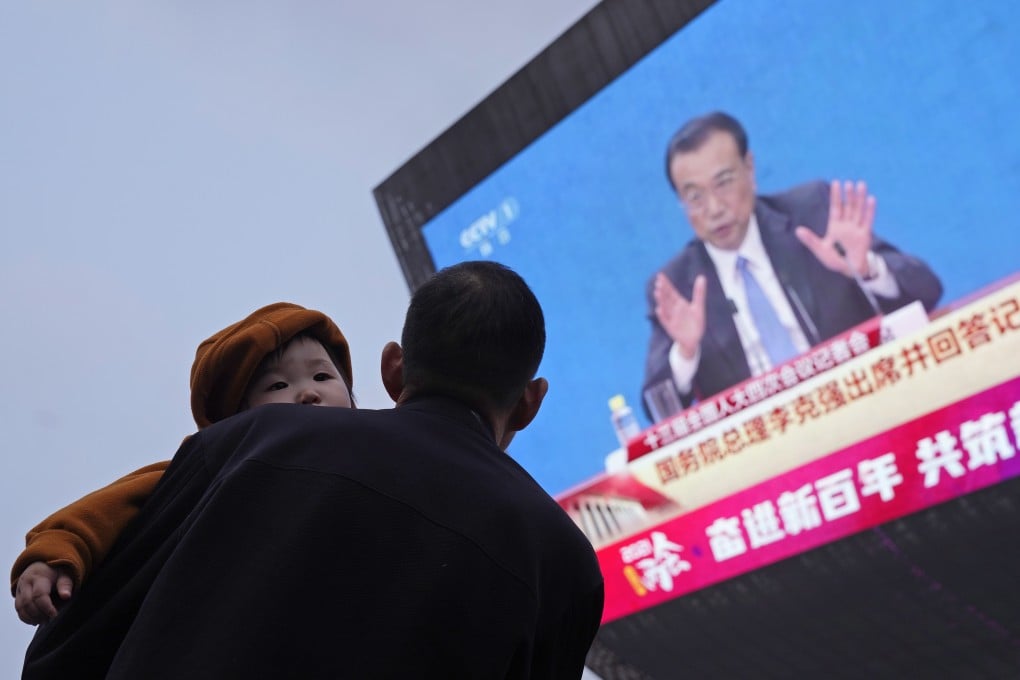Advertisement
China vows to curb inflation risks by tackling ‘malicious speculation’ in commodity markets
- The State Council has promised tougher oversight of commodity markets and more domestic supply to ease prices
- China’s leaders are worried high commodity prices could be passed through to small businesses and eventually consumers
Reading Time:2 minutes
Why you can trust SCMP

Frank Tangin Beijing
China says it will step up efforts to curb fast-rising commodity prices and prevent inflation, pledging more targeted measures to fight “abnormal trading” and “malicious speculation”.
At a meeting chaired by Premier Li Keqiang on Wednesday, the State Council said authorities will pay closer attention to the unfavourable impact of high prices and deploy a two-pronged approach to stabilise markets, increasing supply and enhancing supervision.
“We must take comprehensive measures to ensure supplies, curb the unreasonable price rises and try to prevent them from passing on to consumer prices,” the executive body said according to an online statement.
Advertisement
Raw material costs have been sent soaring by global monetary easing and high demand, as major economies, including China, recover from the coronavirus pandemic.
China’s Financial Stability and Development Commission, which is headed by Vice-Premier Liu He, President Xi Jinping’s top economic adviser, flagged concern about potential economic risks associated with high commodity prices and inflation early last month.
Advertisement
Advertisement
Select Voice
Select Speed
1.00x